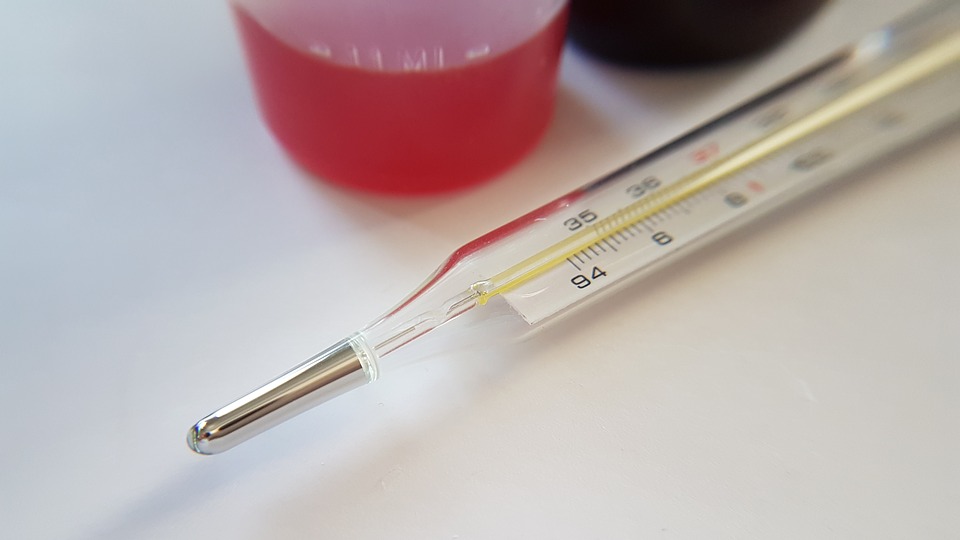Nigeria: Another 102 cases of Lassa fever reported, bringing the total to 689 confirmed cases

- Country:
- Nigeria
Nigerian health officials reported an additional 102 confirmed Lassa fever cases, bringing the total to 689 confirmed cases since the beginning of the year through Feb. 23. This is a slight decrease in cases from the prior week.
The total Lassa fever cases during the first seven weeks of 2020 are nearly double what was reported during the same period in 2019 (381). The new cases were reported from 18 states.
Thirteen additional deaths were also reported, bringing the total to 118 for about a 17 percent fatality rate.
So far this year, confirmed cases have been reported in 27 of Nigeria’s 36 states.
Lassa fever is also known as Lassa hemorrhagic fever (LHF). It is a type of viral hemorrhagic fever caused by the Lassa virus. Many of those infected by the virus do not develop symptoms.
*Cause:
Lassa fever is generally caused when a Mastomys rat (It is also known as the Natal multimammate rat, the common African rat, or the African soft-furred mouse) gets infected by the virus, further the rat can excrete the virus from feces and urine. As a result, it can easily spread if the number of breeds is increasing rapidly in someone's house making it the most common method to transmit when the urine or feces is consumed or inhaled.
*Symptoms:
Symptoms can generally appear within 6 to 21 days after infection occurs.
Generally, 80 percent of infection do not show any major symptoms but the remaining 20 percent cases can become very serious and life taking showing symptoms of:
- Bleeding in the gums, nose, eyes, or elsewhere.
- Difficulty breathing.
- Cough.
- Vomiting and diarrhea with blood.
- Abnormal heart rhythms.
- Pain in the chest, back, and abdomen.
*Treatment:
Currently, there is no vaccine for Lassa fever but previously antiviral drug "ribavirin" was prescribed. However, access to ribavirin in the areas worst affected by the Lassa virus is limited. Additionally, ribavirin may be toxic and teratogenic, meaning it can cause mutations. For this reason, it is not a perfect solution.
*Preventions:
Few minute steps can be taken for the prevention of Lassa fever which includes:
- Regular hand-washing.
- Storing foods in rodent-proof containers.
- Keeping garbage away from the home.
- Avoiding blood and other bodily fluids when caring for sick relatives.
- Following safe burial procedures.
The Mastomys rat is so widespread that it cannot realistically be eradicated as a result the main focus should be in preventing hygiene to control the rat population.
- READ MORE ON:
- Nigeria
- Lassa fever
- Nigeria Lassa fever
- Fever
- African rat
- Mastomys rat
- Virus










